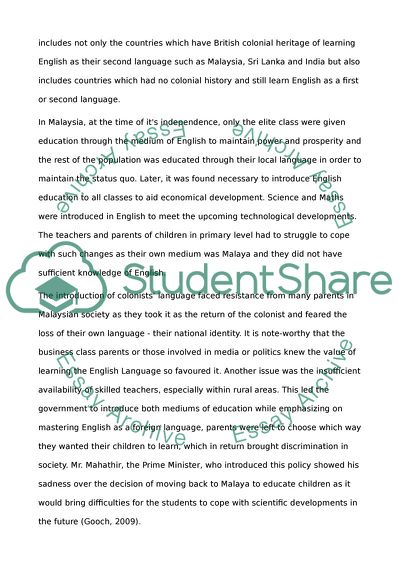Cite this document
(The Arguments For And Against English Medium Education Assignment, n.d.)
The Arguments For And Against English Medium Education Assignment. https://studentshare.org/education/1779296-english-education
The Arguments For And Against English Medium Education Assignment. https://studentshare.org/education/1779296-english-education
(The Arguments For And Against English Medium Education Assignment)
The Arguments For And Against English Medium Education Assignment. https://studentshare.org/education/1779296-english-education.
The Arguments For And Against English Medium Education Assignment. https://studentshare.org/education/1779296-english-education.
“The Arguments For And Against English Medium Education Assignment”. https://studentshare.org/education/1779296-english-education.


